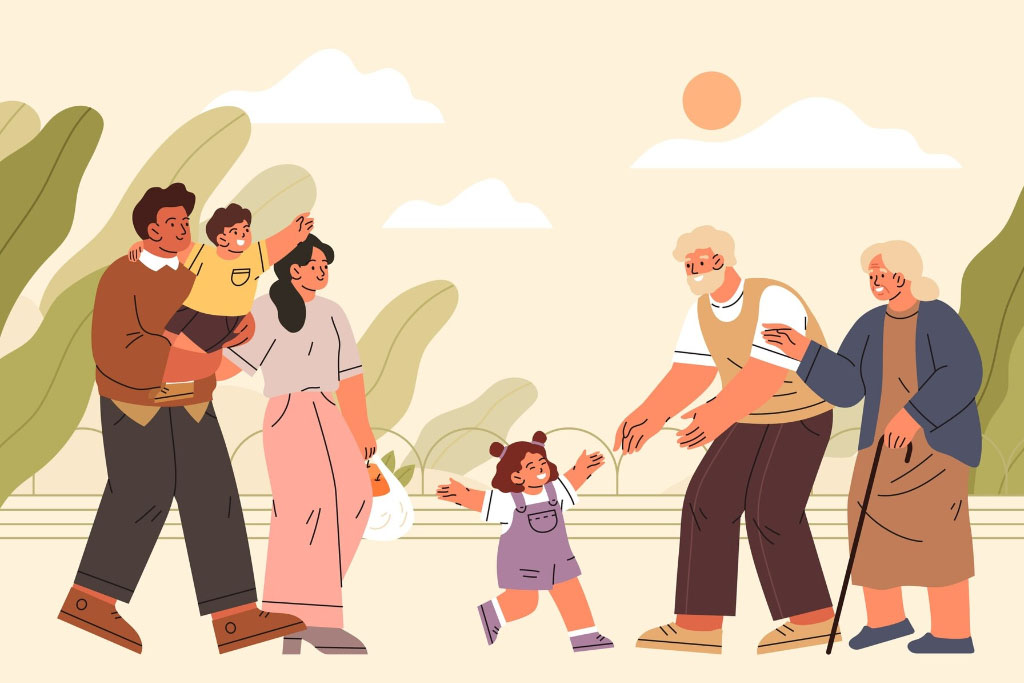The Tragedy of Animal Hoarding and How You Can Help Eliminate It
Many people have never heard of animal hoarding, and that’s understandable. It is also unfortunate because many dogs, cats, and other animals die or suffer every day due to this pernicious, and growing, social problem. If you are among the millions of people who have never heard of animal hoarding, consider the following facts in order to educate yourself and become part of the solution to the problem:
What Animal Hoarding Is

When people acquire more animals than they can care for, don’t want to care for the ones they have, or otherwise neglect or abuse large numbers of animals, they are said to be engaging in the hoarding of animals. In some cities and towns, the practice is against the law, as well it should be. What kinds of animals are hoarded? Usually it’s dogs and cats, but some people hoard exotic pets, farm animals, rodents, birds, snakes, frogs, and more.
It’s common to own one or more pets, as millions of people do. But when the owner is not able to provide the right amount of care for multiple animals in the home, the situation is defined as “hoarding.” Remember, “care” includes not just feeding animals but also seeing to it that they have proper nutrition, water, adequate veterinary attention, and protection from abuse.
Sadly, hoarders are often in denial of their own behavior, often not realizing that the animals they own are in poor health, malnourished, and living in unsanitary conditions. Additionally, a person who hoards animals typically has no idea of how hoarding can affect the general health of the community, the hygiene of the residence, or the other people who live in the same house.
How Does Hoarding Affect the Community?
Hoarding affects many individuals, groups, and of course the animals who are victims of the abuse. Some houses in which large numbers of animals are kept have to be condemned due to highly unsanitary conditions. Situations like these can lead to community health problems when hoarding goes unchecked for a long time.
Likewise, children and other loved ones who live in the house can become seriously ill when the sanitary conditions reach dangerous levels. There have been many cases around the U.S. where not only hoarders but their young children have suffered from quite advanced levels of illnesses affecting the lungs, blood, skin, and other bodily systems.
Communities are affected in many ways besides those noted above. Initially, when a hoarder’s animals are taken by a local health or law enforcement agency, someone must provide veterinary care and shelter for the victims. These efforts cost money. It’s possible for animal rescue organizations to become financially strained due to the high cost of caring for dozens or even hundreds of animals taken from a hoarder.
Local law enforcement time and effort is another direct expense attributable to hoarding, as is any veterinary care donated by local animal hospitals. People often don’t realize that the hoarding of animals is a very expensive crime, and the community, in one form or another, ends up paying the price.
What About the Law?
Right now, several states have laws on their books making hoarding a crime. Most such laws are worded in such a way to make “animal neglect” the primary crime rather than just the keeping of multiple animals, which many law-abiding citizens do. In most states, animal abuse is against the law but penalties are often rather lax, don’t force the convicted hoarder to pay for costs associated with caring for abused animals, and do not force the abuser to undergo any kind of mental health evaluation.
How Can You Spot an Animal Hoarder?

Oddly, most people who hoard animals believe they are doing nothing wrong. In fact, they usually think they’re helping the animals they own. It’s actually quite common for intelligent people who hoard animals to appear as caring, friendly people who just want to help stray cats and dogs. Hoarders are of all ages, ethnic backgrounds, income levels, and can be male or female. Ironically, most hoarders are in total denial of the harm they are causing to the animals they keep.
Everyone should know the signs that often give away an animal hoarder, which include the following:
- The home is in rather bad shape, usually dirty, with broken windows and holes in several walls. There’s often a lot of clutter and several blocked hallways and doorways.
- Hoarders usually don’t know how many animals are living in the home, which often smells strongly of animal waste, vomit, and ammonia.
- There might be rodents present and are usually many fleas in the home.
- Most of the animals are afraid of people, appear to be very tired, and look underfed.
- The owner says that all the animals are well cared for even though the opposite is obvious.
- The hoarder is usually a loner type and appears to be in poor health.
Why Do People Commit This Horrendous Crime?
People who engage in the hoarding of animals often suffer from severe depression, extreme loneliness, paranoia, various kinds of delusional thinking, as well as a wide range of other mental health challenges. While this situation in itself is a sad one, the result is that approximately 250,000 animals each year suffer abuse from hoarders. Hoarding creates a health risk for hoarders themselves, their children, and anyone else living with them.
What Does the Future Look Like?
Several states now have laws on the books that make hoarding a serious crime. Unfortunately, only a few states and cities have strict enough laws, but the good news is that it’s becoming more common for cities, towns, and states to write laws that make animal hoarding a crime, provide for care of the animals while the owner is being prosecuted, and allow for courts to seize funds from the perpetrators in order to cover the medical care expenses of the abused animals. Furthermore, many new laws in this category provide for the state or a local animal shelter to get full custody of the animal victims so that perpetrators are not able, ever, to regain custody and start the cycle all over again.
Many advocacy organizations are lobbying legislators at the state and national level to provide for harsher penalties for those convicted of animal abuse crimes but also to provide for mandatory psychological exams of those convicted. That’s because so many people who abuse animals have psychological problems but never get help or flatly refuse to accept help when offered. The goal of most newer lobbying efforts is to raise animal abuse crimes up to the same level as crimes against abusing humans, primarily children.
It’s easy to see why so many people compare crimes against children to crimes against animals. Both animals and small children are completely unable to speak, defend themselves, or legally advocate for themselves. Animals are actually more legally at risk for abuse because there are so few laws in place to protect them. At least in the category of child abuse, there are many detailed laws on the books that designate harsh prison sentences for convicted criminals and in some cases for seizure of financial assets from perpetrators.
If you want to get involved in helping work on this issue and perhaps become an advocate for animal victims, see the following section. It details how anyone can become involved. And rest assured that help is needed. National and local organizations need committed volunteers to make phone calls, send emails, contact legislators, and get the word out about this serious problem.
How Can You Help Fight Against Animal Hoarding?

The first thing to do is report a hoarding problem to the local police if you believe someone is in the process of keeping more animals than they can care for. Next, if you want to join the fight against this serious public health and animal welfare problem, contact your local animal rescue shelter or humane society and ask what kind of assistance they need. These kinds of organizations can always point you in the right direction and often has local programs you can join in order to eliminate the hoarding of animals.
Here are some more resources:
Check out the National Link Foundation. They work to reduce all types of abuse against humans and animals.
The Animal Legal Defense Fund has a website that is both educational and helps local officials track legal cases against hoarders.
Finally, the ASPCA, American Society for the Prevention of Cruelty to Animals has a website that offers a wealth of information about animal welfare and is a great place to begin educating yourself about legal issues related to companion animals, including hoarding.

About Jennifer Hanzlick
Clutter Trucker is a Denver-based hoarding clean-out company founded by Jennifer Hanzlick. Jennifer leveraged 15 years of corporate experience in to start the company in 2008. Her mission is to help and educate individuals and their loved ones who have hoarding disorder. A featured speaker at Ted X Boulder, Jennifer works directly with community and non-profit organizations to boost public awareness about the condition. To that end, she founded the Colorado Hoarding Task Force in 2015.
 720-982-7856
720-982-7856



